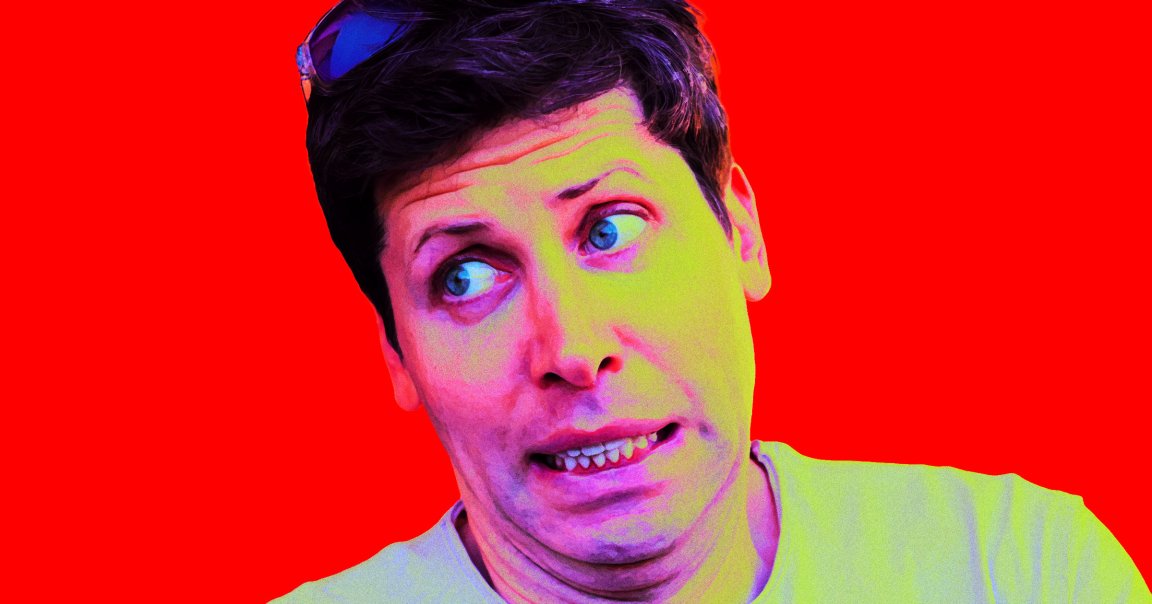
It has been a very long week for OpenAI, whose hotly anticipated GPT-5 model launch landed with a large thud.
The company chose to shut down all previous models in favor of its new one, a controversial move that triggered sheer outrage among fans who had grown attached to GPT-4o, a prior model with a “warmer” personality.
Within roughly a day of the drop, CEO Sam Altman changed course and allowed paid subscribers access to GPT-4o once more. It was a prescient move, and one that belied his own understanding that he had botched the launch.
Indeed, in an interview with The Verge conducted just a week after the freakout, Altman copped to the massive pratfall.
“I think we totally screwed up some things on the rollout,” the CEO leveled, admitting later that he thinks the company has “learned a lesson about what it means to upgrade a product for hundreds of millions of people in one day.”
For all that humility, however, the self-aggrandizing and dubious boasts were still there.
“On the other hand, our API traffic doubled in 48 hours and is growing,” Altman told The Verge. “We’re out of GPUs. ChatGPT has been hitting a new high of users every day. A lot of users really do love the model switcher.”
For all those claims, we’re going to have to take Altman’s word, especially considering the model almost instantly became the subject of ridicule and disappointment.
Still, it’s very plausible that with all the headlines about how much the new large language model sucks, folks who otherwise wouldn’t give ChatGPT the time of day may well have begun flocking to it to see what all the fuss is about.
Altman later tempered his grandiosity with some very real talk about those who have developed emotional attachments to ChatGPT — though by our reckoning, he still missed the mark.
“There are the people who actually felt like they had a relationship with ChatGPT, and those people we’ve been aware of and thinking about,” Altman admitted. “And then there are hundreds of millions of other people who don’t have a parasocial relationship with ChatGPT, but did get very used to the fact that it responded to them in a certain way, and would validate certain things, and would be supportive in certain ways.”
That subset of users — the ones who feel emotionally attached to various aspects of different model “personalities,” and to varying degrees — have been a huge point of interest for Futurism over the past year as more and more users have told us their stories of slipping into dangerous, delusional spirals that appeared to be egged on by the chatbot. Altman has paid lip service to that damning aspect of the chatbot, too, but all indications suggest that GPT-5 has no better guardrails than its predecessors.
Still, although Altman didn’t admit as much outright, it seems the aforementioned “screw up” was related to underestimating just how much that user subset loved GPT-4o’s sycophancy — another sign that OpenAI does not have a good grasp of its core user base at all.
More on GPT-5: There’s a Compelling Theory Why GPT-5 Sucks so Much